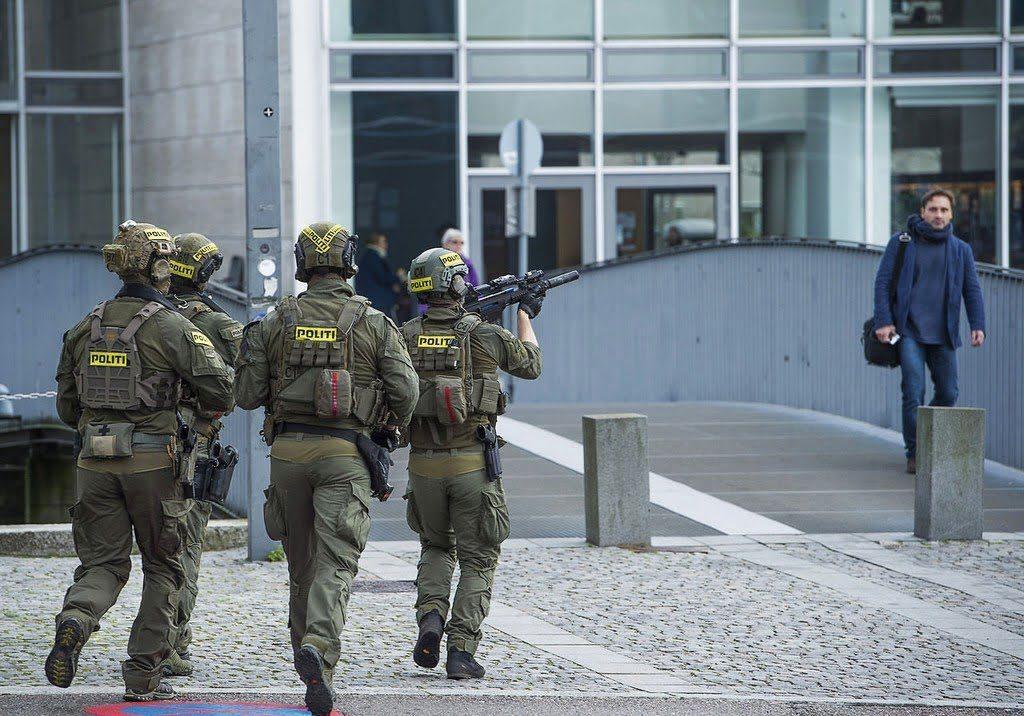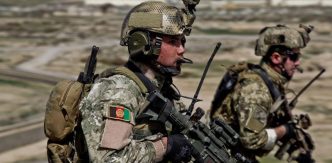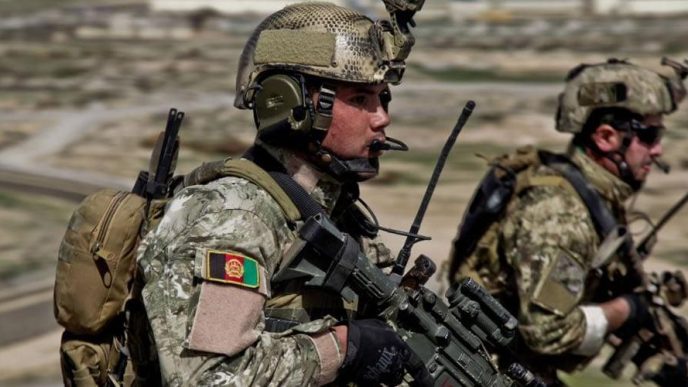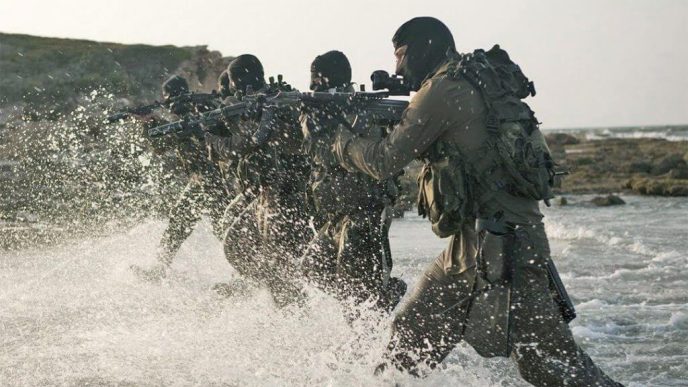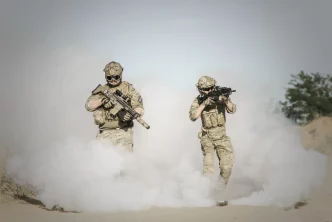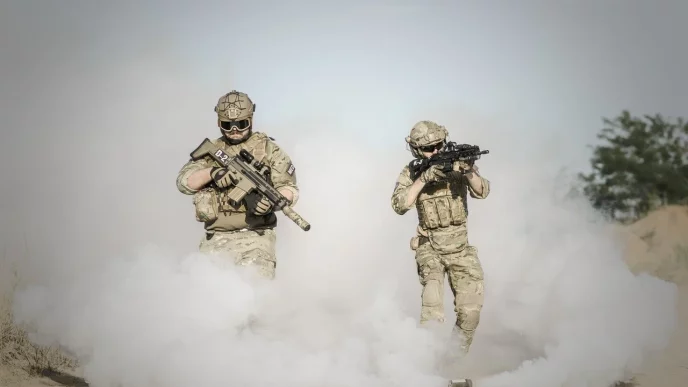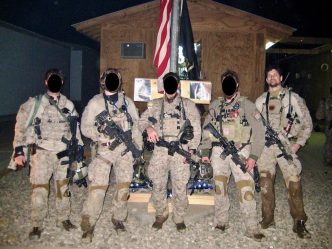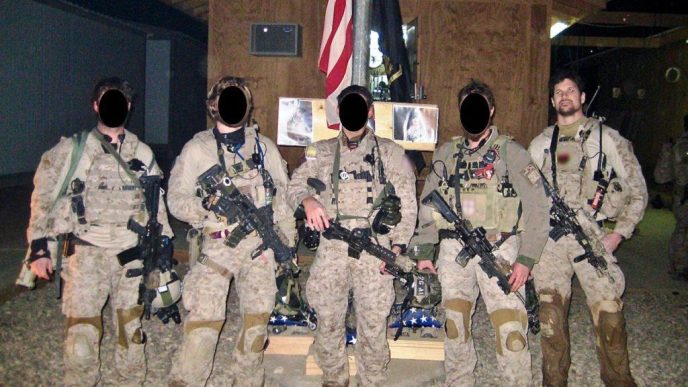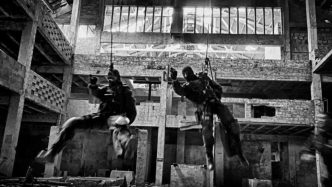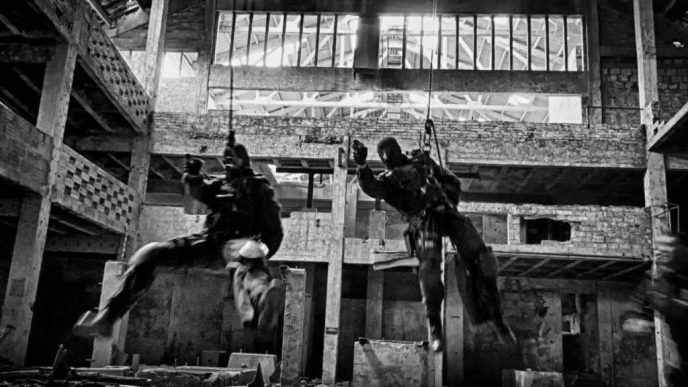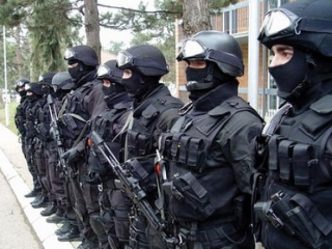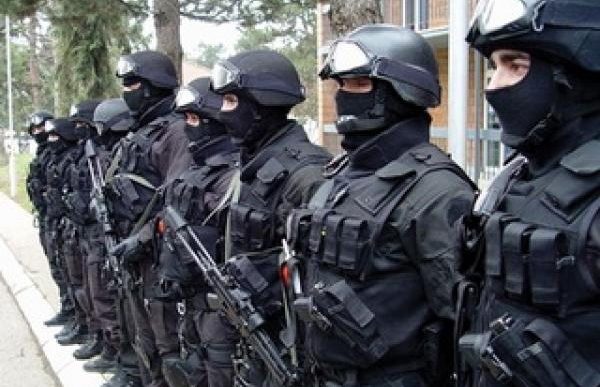Politiets Aktionsstyrke (AKS) is a special unit of the Danish police that serves as a national SWAT team trained for a wide range of operations, primarily focused on anti-terrorism efforts. The AKS unit is responsible for all anti-terrorist missions within Denmark’s jurisdiction. As the premier unit of Denmark’s police, the Politiets Aktionsstyrke (AKS) is called upon in situations where regular police duties face difficulties and require backup.
Introduction
The AKS unit is responsible for handling extremely difficult or life-threatening criminal situations, such as terrorism, hostage situations, and kidnapping. They are also tasked with emergency rescue operations that would be too dangerous for other law enforcement units. The AKS is under the direct supervision of the Danish Minister of Justice, while Danish Security and Intelligence Service (PET) oversees their activities.
Currently, the AKS undergoes various types of training, often including cross-training with the Danish Army’s Jægerkorpset and Navy’s Frømandskorpset.
Mission
The PET Special Intervention Unit (AKS) is a specialized unit with expertise in counter-terrorist operations and the ability to respond to serious organized crime. Its primary role is to provide the police with effective options for resolving complex intervention assignments, including hostage rescue, counter-terrorism efforts, high-risk arrests, and other specialized tasks. In certain cases, the AKS may also work closely with the Danish Armed Forces, providing support with both personnel and equipment.
In addition to its domestic counter-terrorism duties, the AKS can also be characterized as a unit that:
- Counter sniper operations
- Forced entry operations
- The apprehension of armed suspects
- The apprehension of barricaded suspects
- Force protection during deployment
- VIP protection
History
The Politiet Aktionsstyrke (AKS), a special unit of the Danish Police, was formed by direct order of the government in response to the terrorist attack at the Munich Olympics in 1972. Information about the AKS unit is highly classified, and the specifics of its operations are unknown to the public. However, it is known that the unit was established shortly after the Munich attack in 1972 and initially had a personnel size of around 50 to 70 people. In 1988, the AKS was reorganized and the number of special forces was increased to 100.
Throughout its history, the AKS unit has carried out numerous operations, including the controversial eviction of anarchist and leftist groups from Ungdomshuset on March 1, 2007, which sparked widespread unrest in Copenhagen. On January 7, 2013, another significant operation took place when an AKS operator was seriously injured during an arrest operation against three suspected drug smugglers. One suspect was killed by a headshot and another was wounded in the shootout, while the third suspect was arrested. This was the first time that an AKS operator was wounded during an operation.
Selection and training
The AKS unit is selected from elite members of the army, police, and Jaegerkorpset Fromandskorpset. It conducts training in collaboration with the British SAS and German GSG-9, both of which served as models for the unit’s creation. In the event of combat operations, they can deploy as part of the military forces.
Equipment
Its armament and equipment are largely similar to those of the German GSG-9. AKS operators are equipped with state-of-the-art firearms including Glock 17, Glock 19, Heckler and Koch MP5, USP Compact, C8 rifle, Heckler and Koch G36c, and Sako TRG sniper rifle, as well as other specialized weapons suitable for the unit. They also have access to a variety of western weapons.
Quick facts
| Politiets Aktionsstyrke | |
| Country: | Denmark |
| Agency: | Government of Denmark, Rigspolitiet |
| Active: | 1972 – present |
| Motto: | – |
| Type: | Police Tactical Unit |
| Role: | Counter-terrorism, Law enforcement |
| Headquarters: | Copenhagen |
| Size: | approx. 100 operators |
| Notable operations: | – |
| Abbreviation: | AKS |
